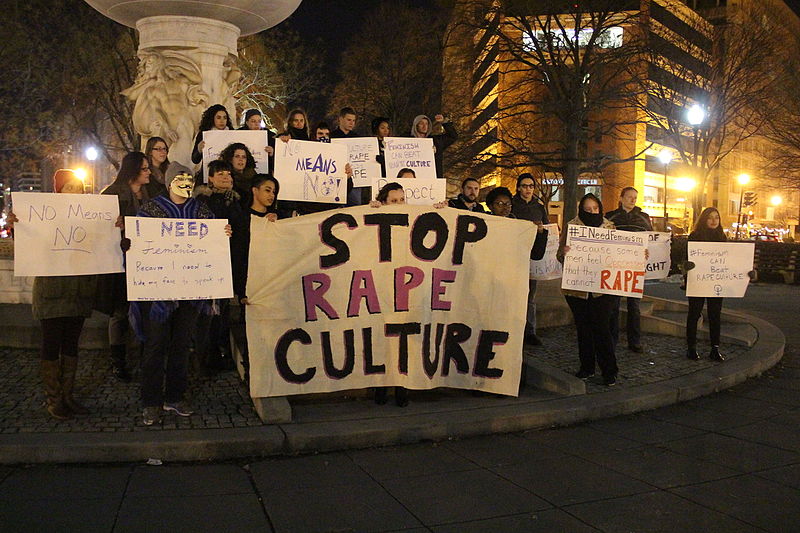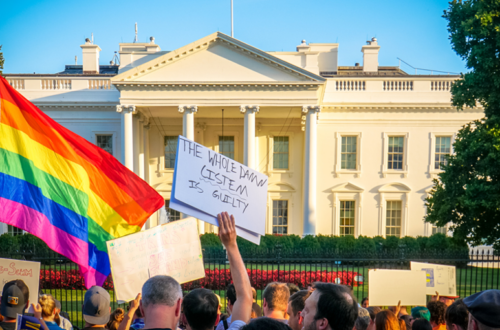On Feb. 16, 2022, the Florida Senate unanimously passed senate bill SB 692, a bill that would extend a victim’s time frame for reporting a sexual assault in certain circumstances. The bill also attempts to alter Florida’s sexual battery laws to be more specific.
The bill was a joint effort by Sens. Linda Stewart, D-Orlando, and Gayle Harrell, R-Stuart.
“Certain circumstances,” in the context of this bill, refers to victims who were “mentally incapacitated” at the time of the crime taking place. The legislation specifically defines “mentally incapacitated” as temporarily incapable of controlling decisions and/or actions due to any kind of impairing substance administered without the victim’s consent.
The bill also makes a point of altering language relating to the state’s sexual battery laws, with Harrell claiming that the law’s vague language regarding sexual assault has led to the loss of several cases in their district of Stuart. While previous laws only used “vagina” or “vaginal” when referring to female anatomy, this bill broadens the language to use “female genitals,” which would include the labia, clitoris, etc.
The vagueness problem in the law that Harrel is referring to is not just limited to Florida’s laws. Dozens of sexual assault cases in other states such as New York have simply been dropped due to an inability to prove a crime was committed, and this inability is thanks to the vagueness in their laws.
Additionally, the bill makes an effort to address “psychotherapists” who might take advantage of those who might be “incapacitated” by using the term.
A “psychotherapist” would be anyone who is licensed to provide treatment to those with mental illness. The bill maintains that psychotherapists who commit acts of sexual misconduct would be charged with a third-degree felony.
Previous bills had not really done much to address the problem of specific people in power potentially taking advantage of patients or clients, so this bill does appear to be a step in the right direction of making sexual assault laws more specific.
The bill’s introduction also coincides with SB 868, another bill to address sexual assault laws.
SB 868 would make for a harsher penalty for those who have committed sexual assault while the victim was intoxicated, whether through drugs or alcohol, of their own accord.
Previously, laws that punished individuals charged with sexual assault allowed for harsher penalties for those who drugged the victim themselves than for those who assaulted someone already intoxicated.
Drugging the victim would be considered a first-degree felony and punishable by up to 30 years in prison. On the other hand, assaulting a victim already inebriated was deemed a second-degree felony and punishable by up to 15 years in prison.
This additional bill sought to end that, with many of its supporters calling it a “rape loophole” in Florida’s sexual battery laws.
Like SB 692, this bill also flew through the state Senate, with both Republicans and Democrats coming to a unanimous agreement. However, retractors in the House were reluctant, believing that it would not do anything to reduce the frequency of sex crimes in the state.
While that might be true, it also seems to be the case that previous laws, which stipulated less punishment, had an element of victim-shaming. This implies that the crime isn’t that bad because they were already drunk — what did the victim expect?
While these bills are not groundbreaking in regard to prosecuting sexual assault cases, they do at least serve as an improvement to receiving justice for victims of sexual assault.
Check out other recent articles from Florida Political Review here.
Featured Image: Protests against sexual violence at Dupont Circle. (Unmodified photo by Fourandsixty used under a Creative Commons license. https://bit.ly/3tMNuJt).





